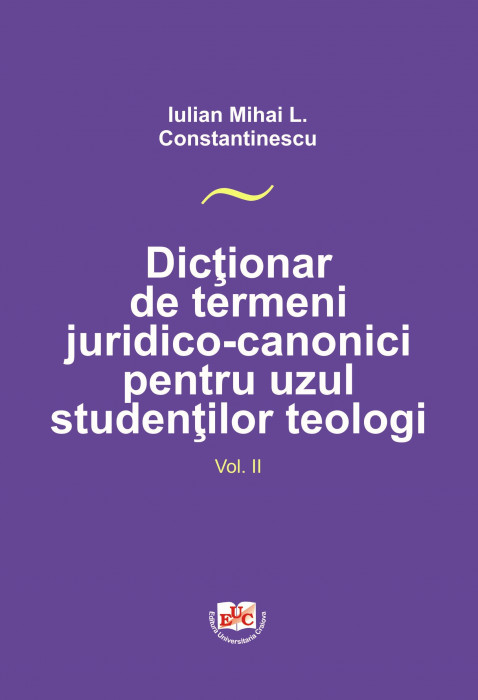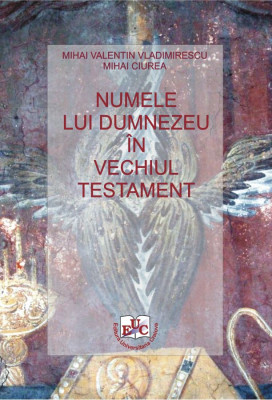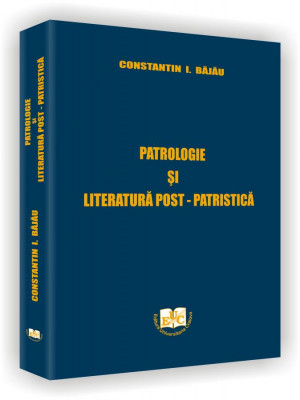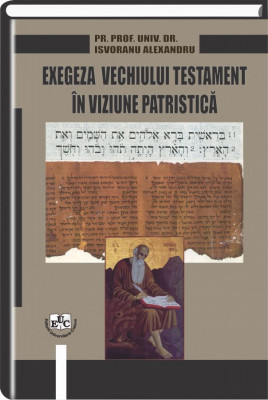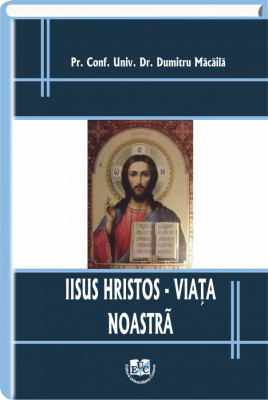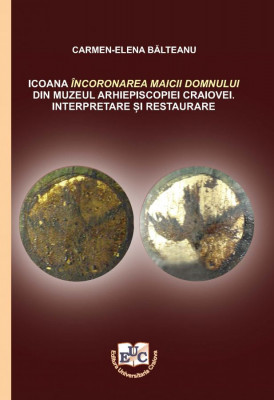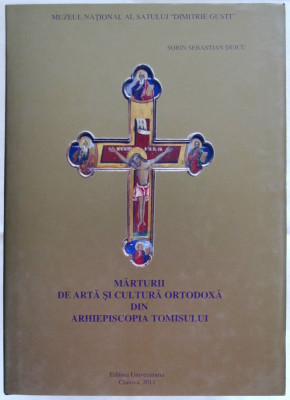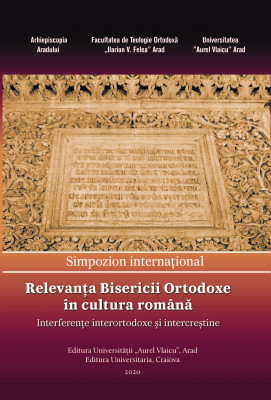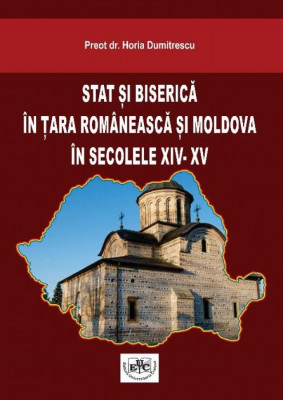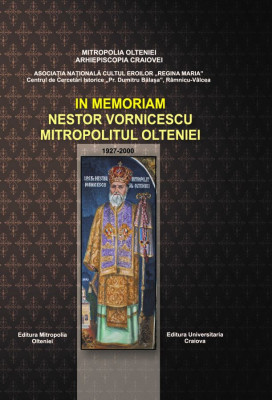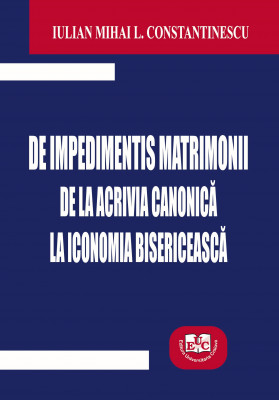This paper is part of a larger project, called Dictionary of Legal-Canonical Terms for the Use of Theological Students, in 7 volumes, in which all the usual legal-canonical terms will be treated (from A to Z, in alphabetical order), for the purpose of use as a practical guide by theological students and not only. The canonical and legal terms treated in this dictionary are frequently used in the specialized terminology of canon law and therefore it is useful to explain and interpret them, starting from etymology, placing them in the broad context of use in the economy of canon law and emphasizing the foundations their canonical and legal.
The explanation of the terminology specific to canon law and the development on legal-canonical basis of the terminological content is based on the experience gained by the author in the field of exploring canon law and legal-canon doctrine, but also on previous research on various topics of interest in the field of canon law.
In this volume II, the author treated some of the usual legal-canonical terms for the Discipline Canon Law, more precisely the terms from founder to bishop (24 terms), following that in a future edition, added, to include in the volume II all the terms from letters C, D and E. For theological students, starting with the third year of studies and then, in the fourth year, a thorough knowledge of the terminology with which the canonical law of the Church frequently operates is necessary, in order to understand not only their correct use, but also the canonical principles of organization and functioning of the life of the Church, as well as the content and correct interpretation, based on the principles of interpretation, of the text of the Holy Canons included in the Fundamental Collection of Canons of the Orthodox Church. It is important that theological students use correctly the entire terminology specific to the Discipline of Canon Law, in order to understand and exercise in full canonicity the attributions of the office as future clerics. Knowledge of terminology, legislation and canonical doctrine also leads to the correct application of the Holy Canons in the context of current material conditions, in the new objective conditions in which the Church operates, constantly considering the evolution of state law and the mentality of society.

